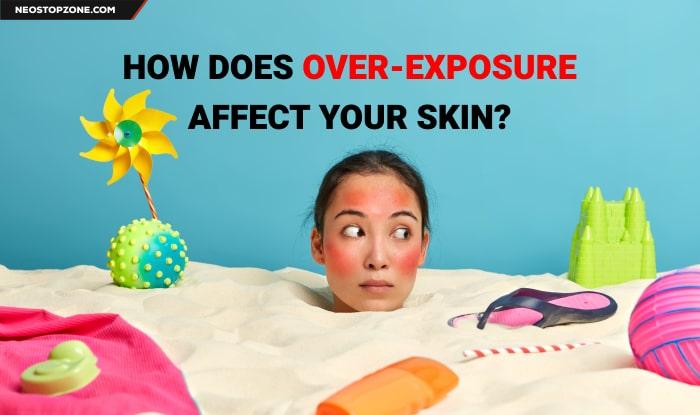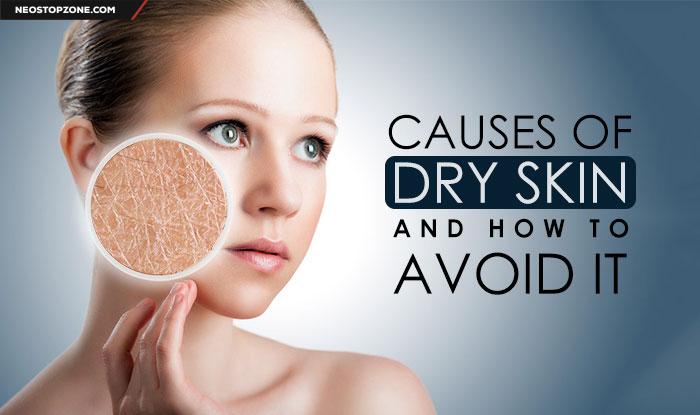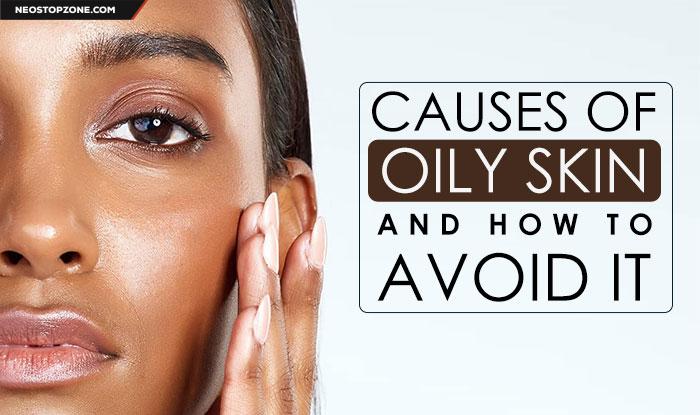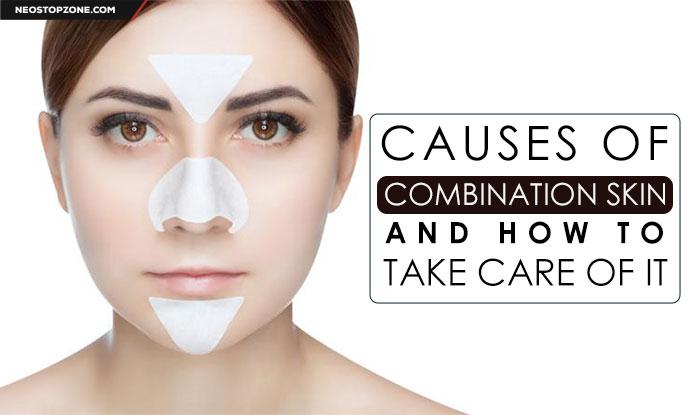How does over-exposure affect your skin?
The UV rays of the sun can sensitize the skin and trigger cancer cells that eventually lead to skin cancer.
National Stay Out of the Sun Day is celebrated on July 3 every year to highlight the importance of sunscreen and the sun’s harmful UV rays to the skin. This day was first celebrated on 3 July 2015.
The harmful UV rays of the sun can cause skin cancer and other harmful skin issues. That is why it is important to stay away from the harmful rays of the sun. The sun’s rays are the brightest during summers and furthermore, it is the brightest between 10 am to 4 pm.
To protect yourself from the sun’s rays, it is important that you use sunscreen, stay indoors or in the shade whenever possible, and wear sunglasses that protect the eyes from UV rays.
Know how over-exposure affects your skin.
- Pigmentation: Prolonged exposure to the sun without sunscreen can lead to pigmentation in which you can see dark spots on the surface of your skin.
- Sun allergy: This is a condition in which skin rashes, allergies, and itching occur due to excessive exposure to harmful rays of the skin.
- Sunburn: This is another major effect of over-exposure. Sunburn can damage the skin barrier. If sunburn happens too often, it can also lead to dry patches of skin along with redness and itching.
- Skin cancer: This is the most dangerous effect of being out in the sun for a long time without sunscreen or any kind of protection. The UV rays of the sun can sensitize the skin and trigger cancer cells that eventually lead to skin cancer.
- Early signs of aging: Being out in the sun for too long can lead to fine lines, wrinkles, and other signs of aging.




